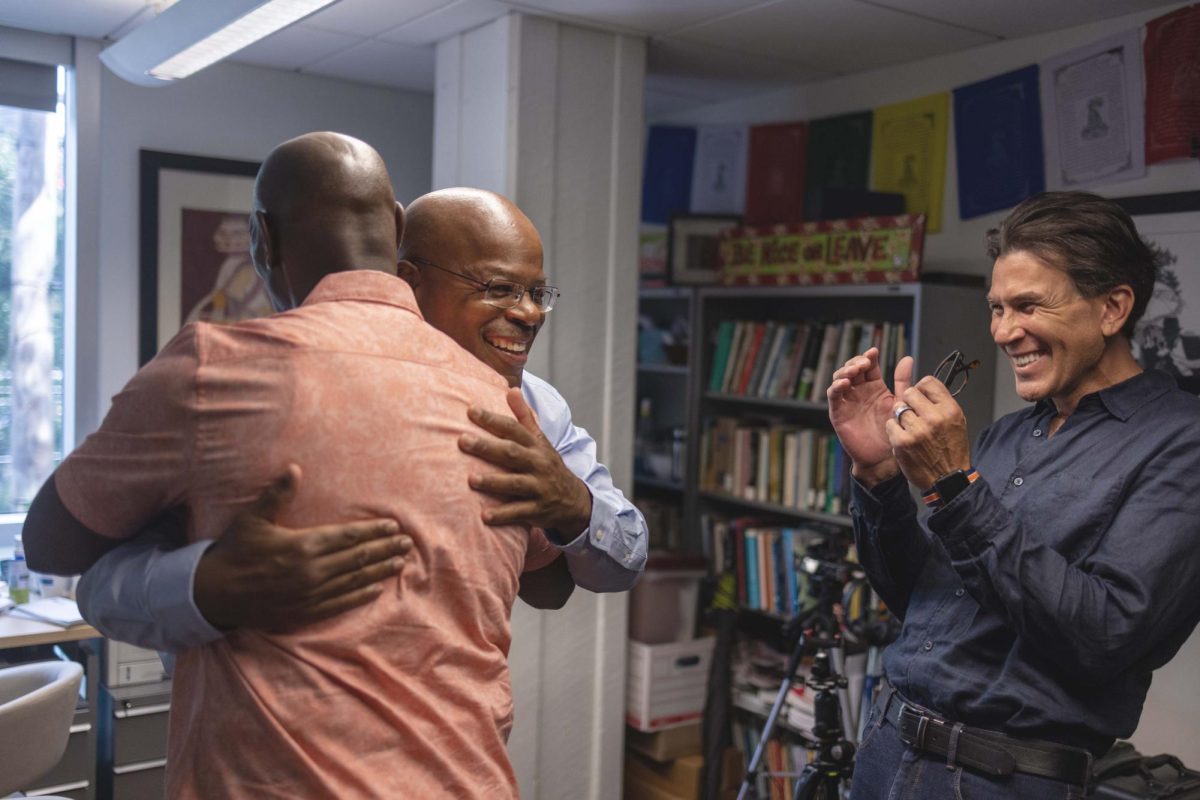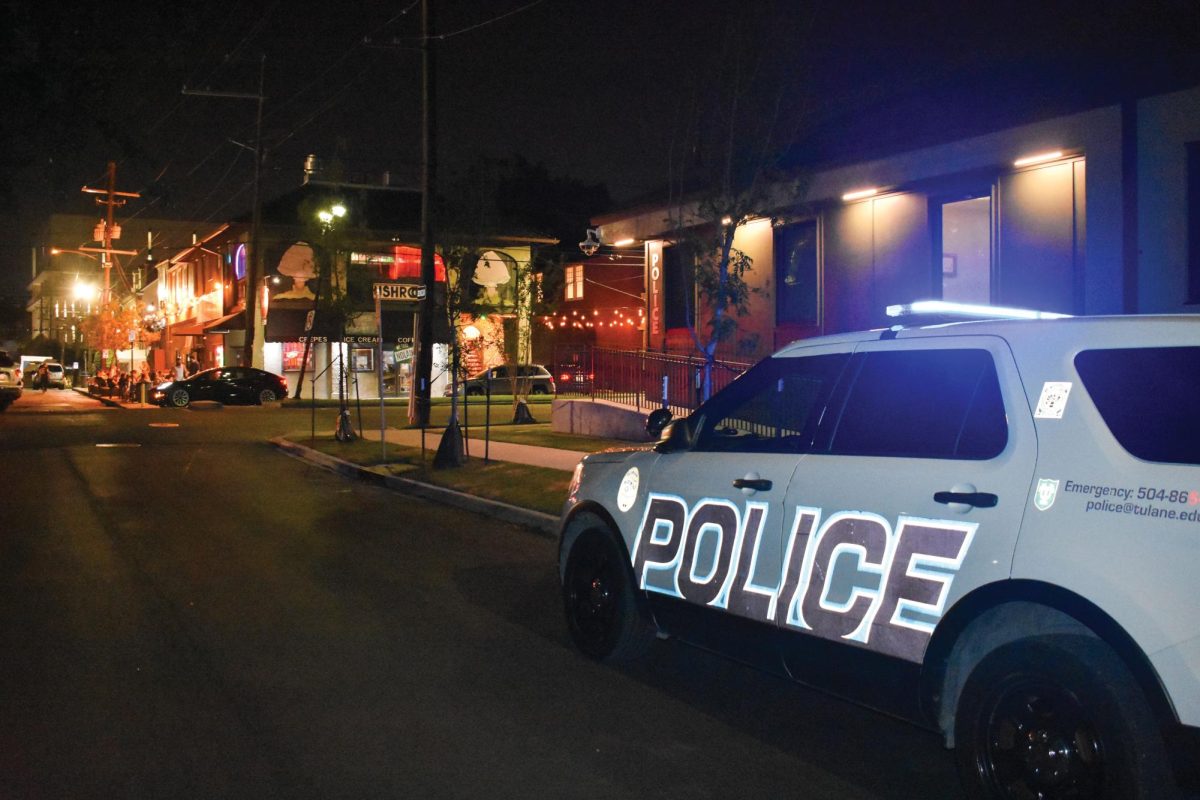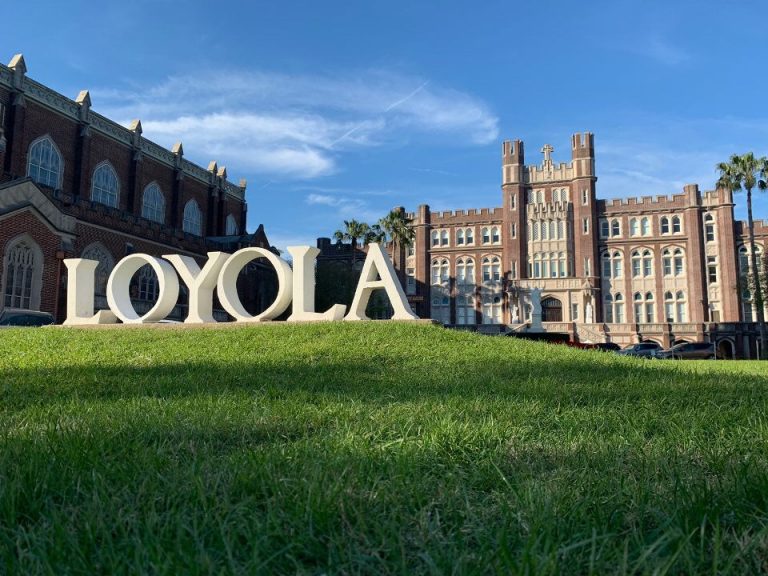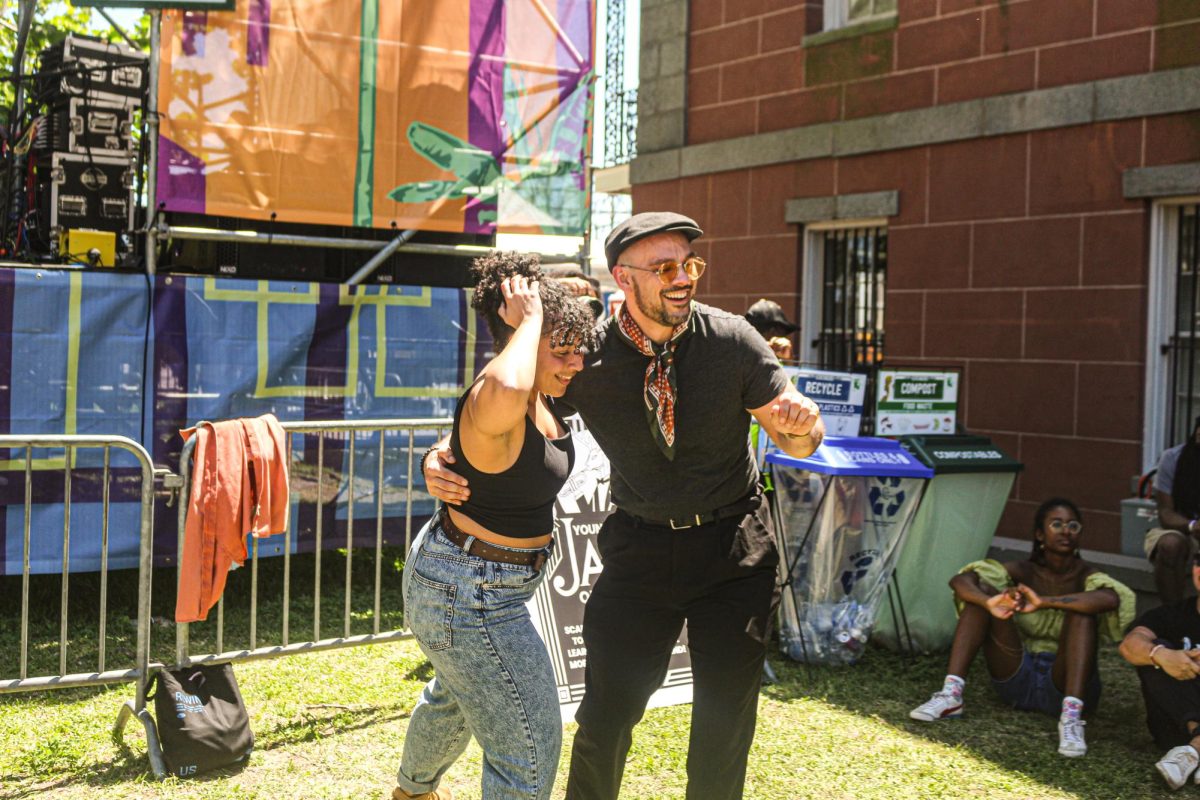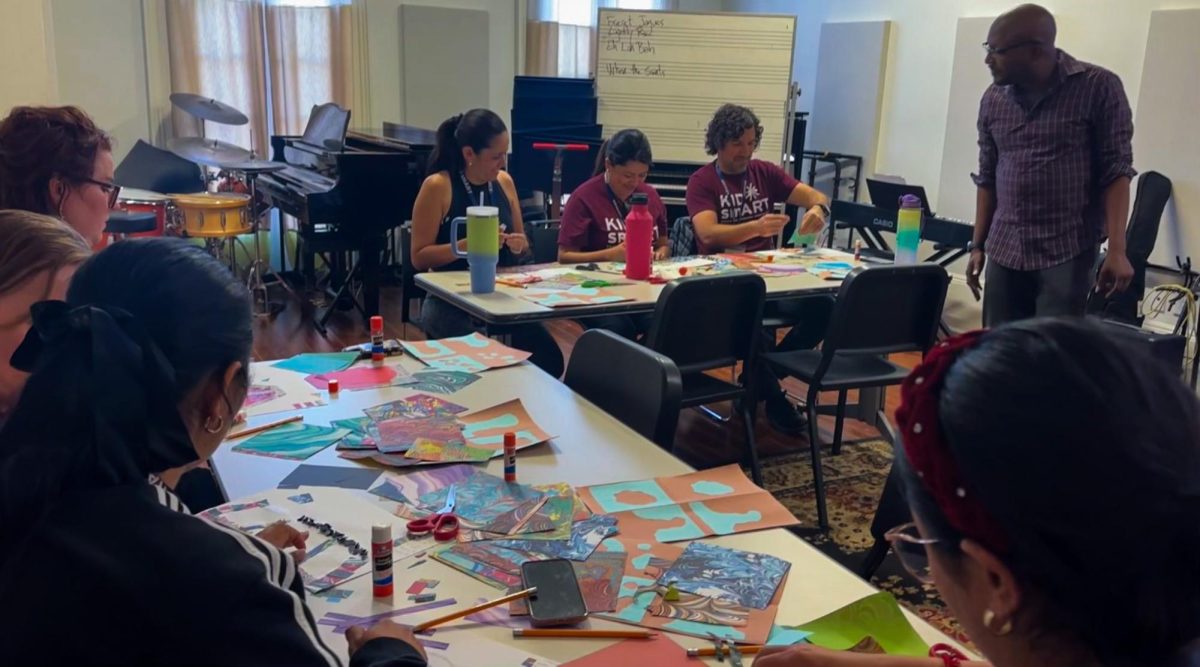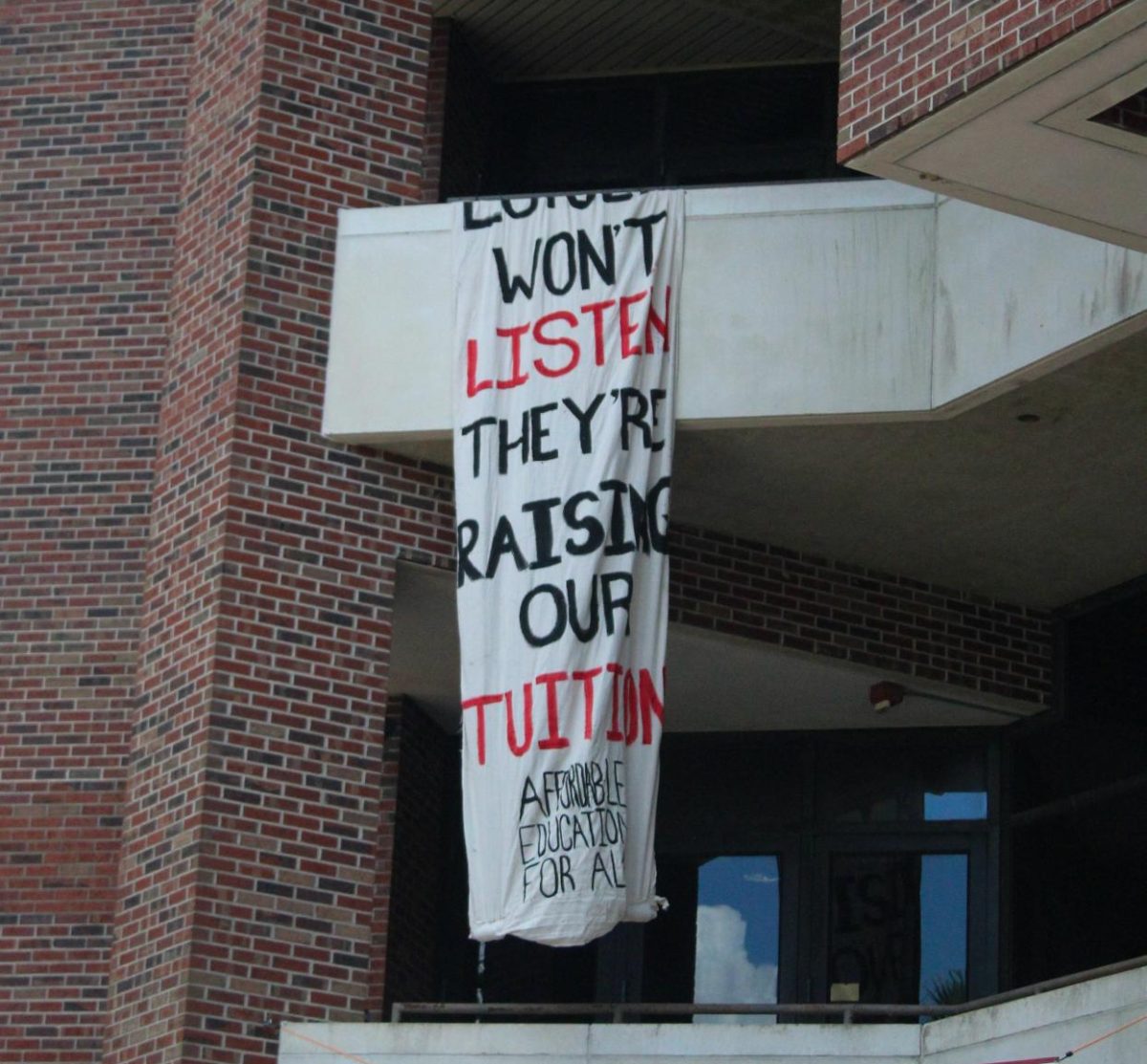As Loyola opens its doors this fall, there are concerns about the safety of both new and returning students.
With these concerns in mind, Loyola University Police Department has offered several tips for staying safe on and off campus.
Patrick J. Martin, an investigator for the LUPD, offered advice on how to stay safe in these circumstances.
Martin said “New Orleans, like many other cities, has areas with higher crime rates and certain safety challenges. However, it is important to note that perceptions of safety can vary greatly depending on personal experiences and individual circumstances.”
Martin also added that a person’s perception of New Orleans as dangerous depends on a variety of factors, like familiarity with the city or a person’s overall level of caution.
In short, this means that what could be considered “safe” or “dangerous” when moving through New Orleans is highly dependent on their familiarity with the city so new students should prioritize learning about the city along with connecting with fellow students who understand the local terrain.
“Crime rates can vary significantly in some areas, so it’s crucial to be aware of these differences and take appropriate precautions. A university environment can influence property and violent crime because of the addition of an extra law enforcement agency on patrol, as well as community initiatives with high engagement can also impact crime,” Martin said.
Martin said that one of the most important habits for new residents to learn is being aware of their surroundings”which he says could be done by “staying vigilant to your environment, knowing your neighborhood, using caution at night, trusting your instincts, staying informed from trusted news sources, and securing your belongings.”
Martin also advises students to travel in groups when going out or in unfamiliar neighborhoods, keep valuables secure, carry only what you need when leaving the residence and learn local emergency contacts and have them pre-programmed into your cell phone.
Martin’s final piece of advice was to “Prioritize your personal safety and well-being by staying informed, trusting your instincts, and being aware of your surroundings.”
Categories:
Loyola police give safety advice
Nadir Benslimane, Staff Writer
September 1, 2023
0
More to Discover






